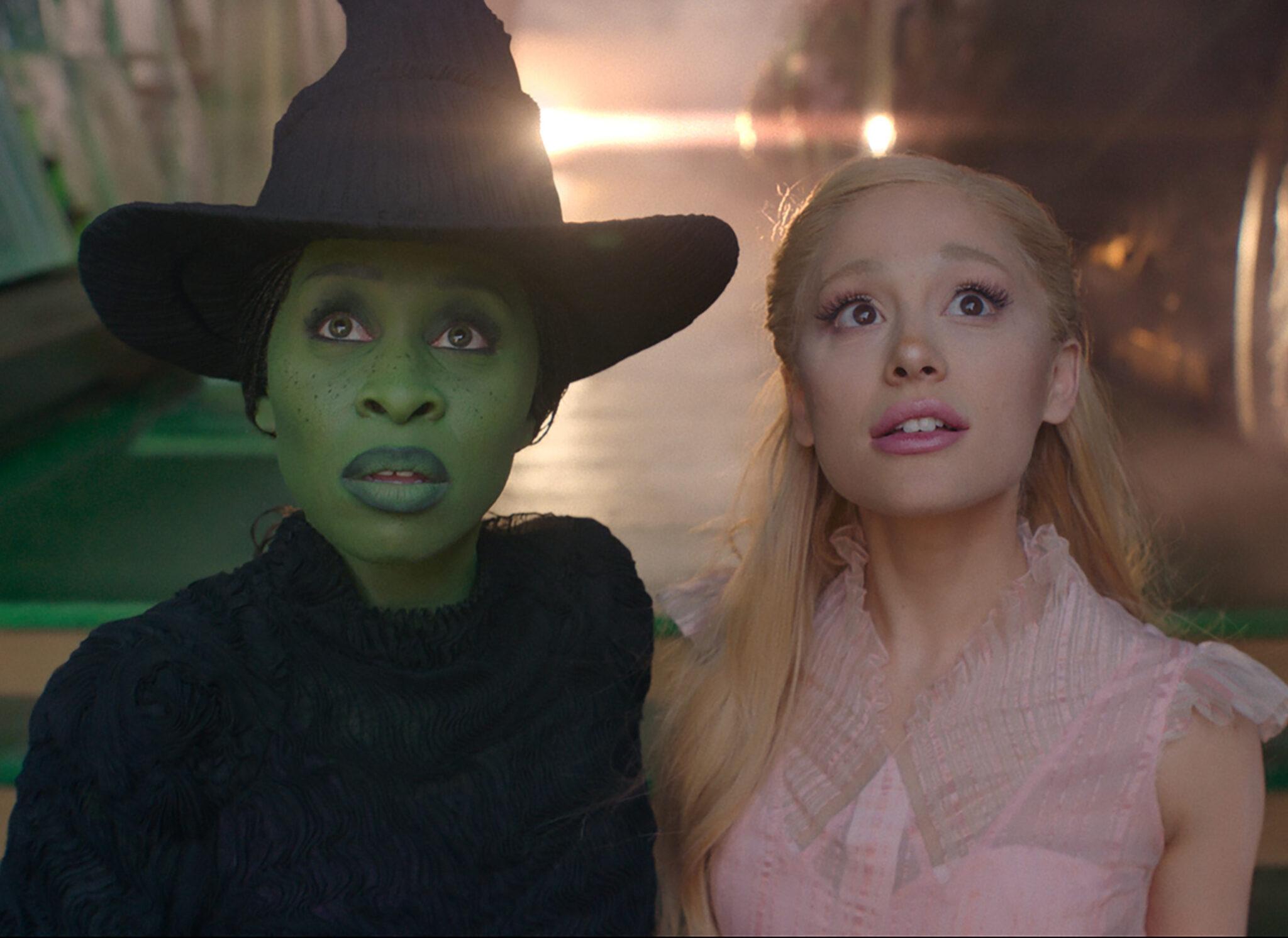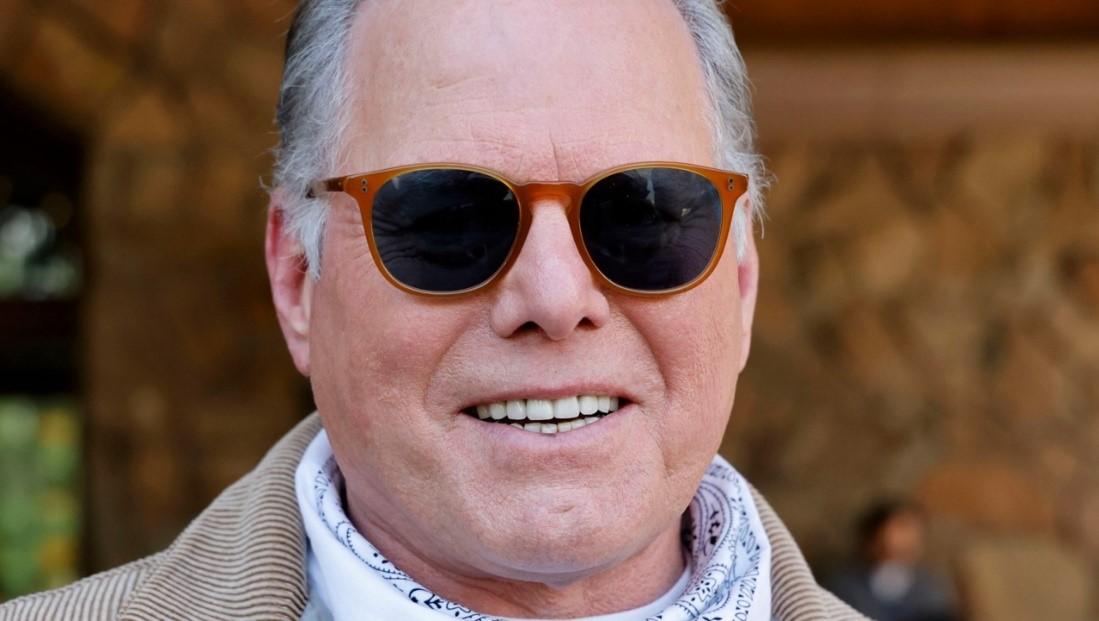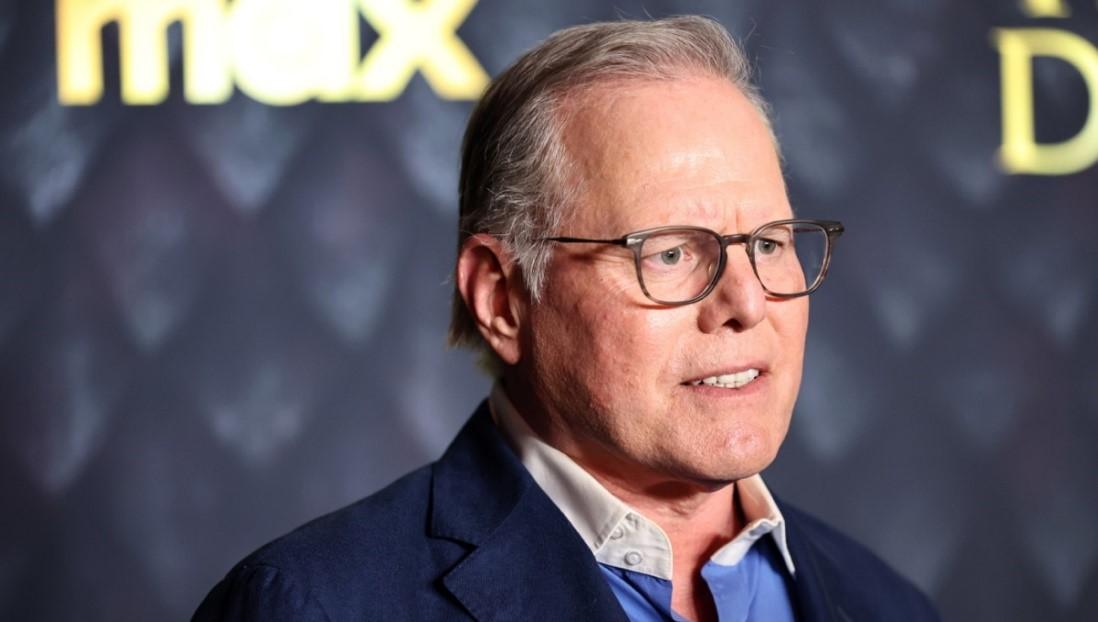Netflix suffered an atypical public setback this week when it was announced that Warner Bros. had scooped up rights to the film adaptation of Emily Brontë’s WUTHERING HEIGHTS, starring Margot Robbie and Jacob Elordi in the lead roles and directed by Emerald Fennell whose recent work directing SALTBURN and A PROMISING YOUNG WOMAN has been widely praised.
A central reason why Robbie selected Warner Bros. over Netflix was her insistence that the movie begins its distribution through a traditional, exclusive release to theatres. Netflix and its new film chairman Dan Lin are said to have made extensive efforts to win over Robbie, offering as much as $150 million for the project.
However, their offer came with strings attached that it would be a primarily streaming release, and would not begin with an extended exclusive period for theatres. During last week’s third-quarter earnings call, Lin echoed the well-known sentiments of his company’s CEO Ted Sarandos by saying that Netflix is “in the subscription entertainment business” and that their films should be able to “pierce the zeitgeist and have those moments in the culture, even when those moments begin on Netflix.”
This was a dealbreaker for Robbie, as her production company Luckychap ended up going with Warner Bros. even though they offered only $80 million for the rights. Robbie may well have considered her firsthand experience with the release of BARBIE, which set new box office records, won industry awards, and drove the cultural conversation in its theatrical release last summer.
Netflix is still basking in the success of last week’s earnings report, with the third quarter coming in as the most profitable in the company’s 27-year history. At the same time, Netflix is seeking to build the reputation of its original film division, with a strategy to make fewer films each year but with higher quality.
This week’s setback surrounding WUTHERING HEIGHTS is a reminder of the struggles that plagued previous film chairman Scott Stuber, who strained to attract the industry’s most prestigious actors and filmmakers to work on Netflix projects because of a preference for movies that would be featured on the big screen.












